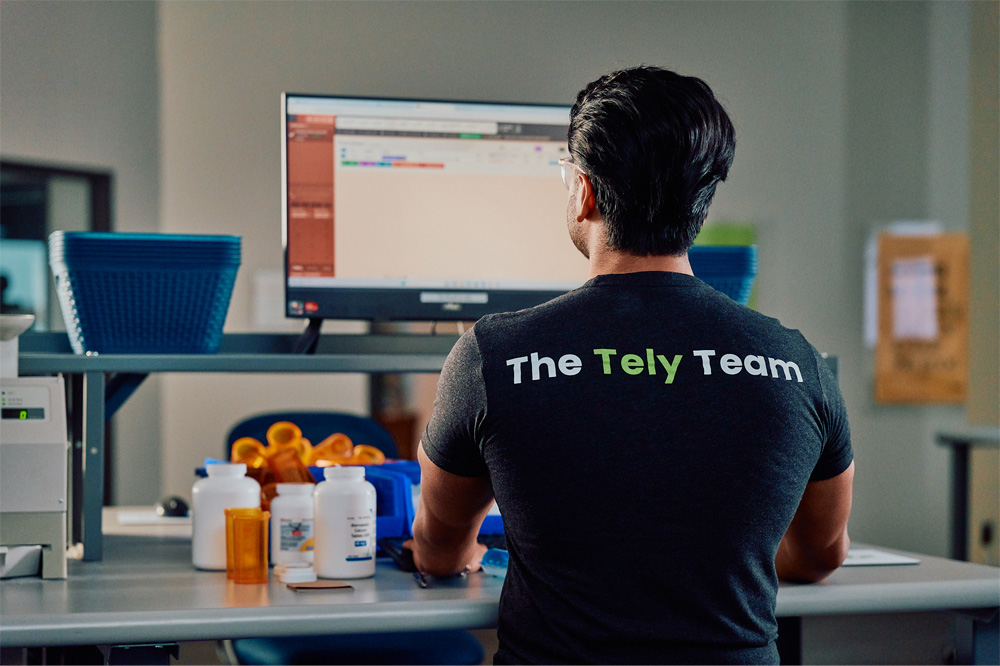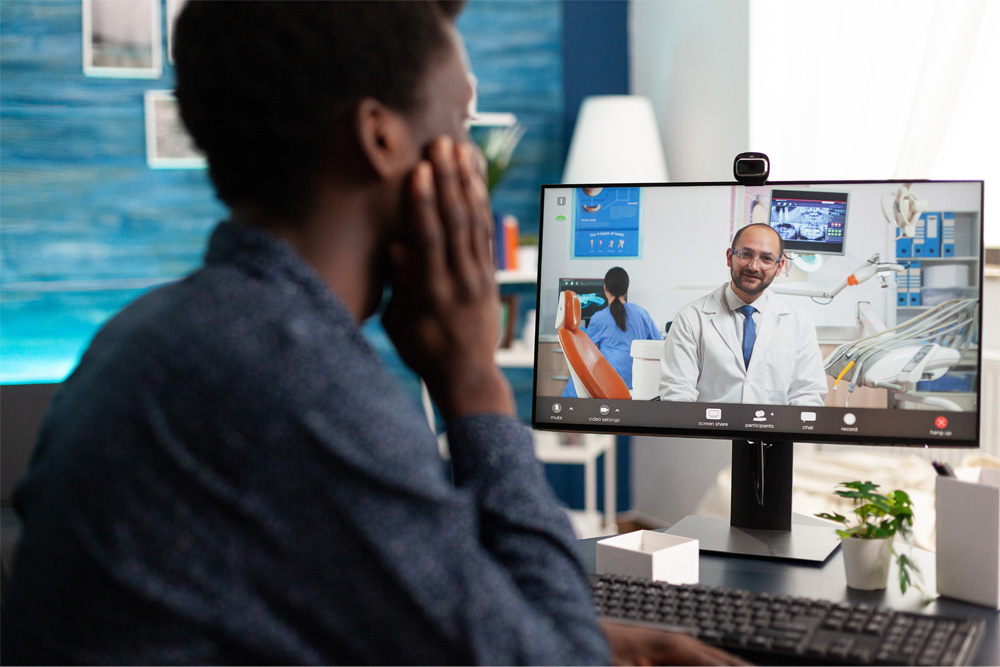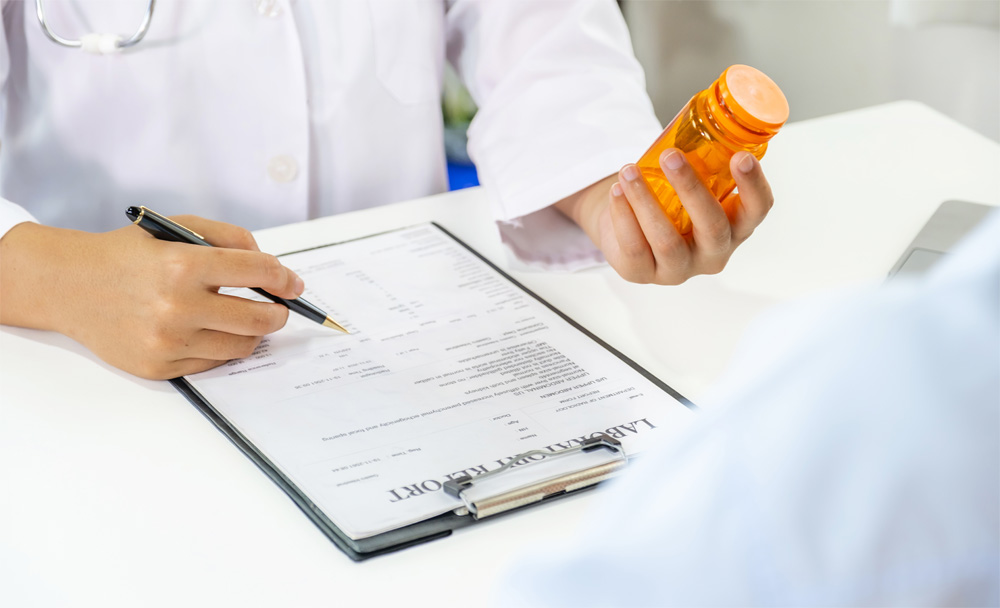Online pharmacies have become a game-changer for modern healthcare access. They’re fast, discreet, and incredibly convenient — especially for chronic conditions, dealing with mobility challenges, or just trying to fit healthcare into an otherwise busy schedule.
The numbers tell the story: 52% of U.S. adults have now purchased prescription medications from an online pharmacy, with 71% reporting they first started within the past 1–3 years. And among those who’ve made the switch, 85% are still using them to manage one or more prescriptions.
Clearly, the necessity is real. And while most of these online pharmacies are legitimate, the risks are real too.
What many patients don’t realize is that not all digital healthcare platforms are created equal. Some are fully licensed, physician-supervised, and compliant with U.S. law — like TelyRx. Others operate in a less ethical way, selling unregulated or even counterfeit medication, bypassing basic safety steps like requiring a prescription, or prioritizing profits over patient safety.
Today, we’re breaking down the red flags to watch out for, the common traps even smart consumers fall into, and what legitimate, transparent healthcare platforms look like so you can get the care you need, safely.






